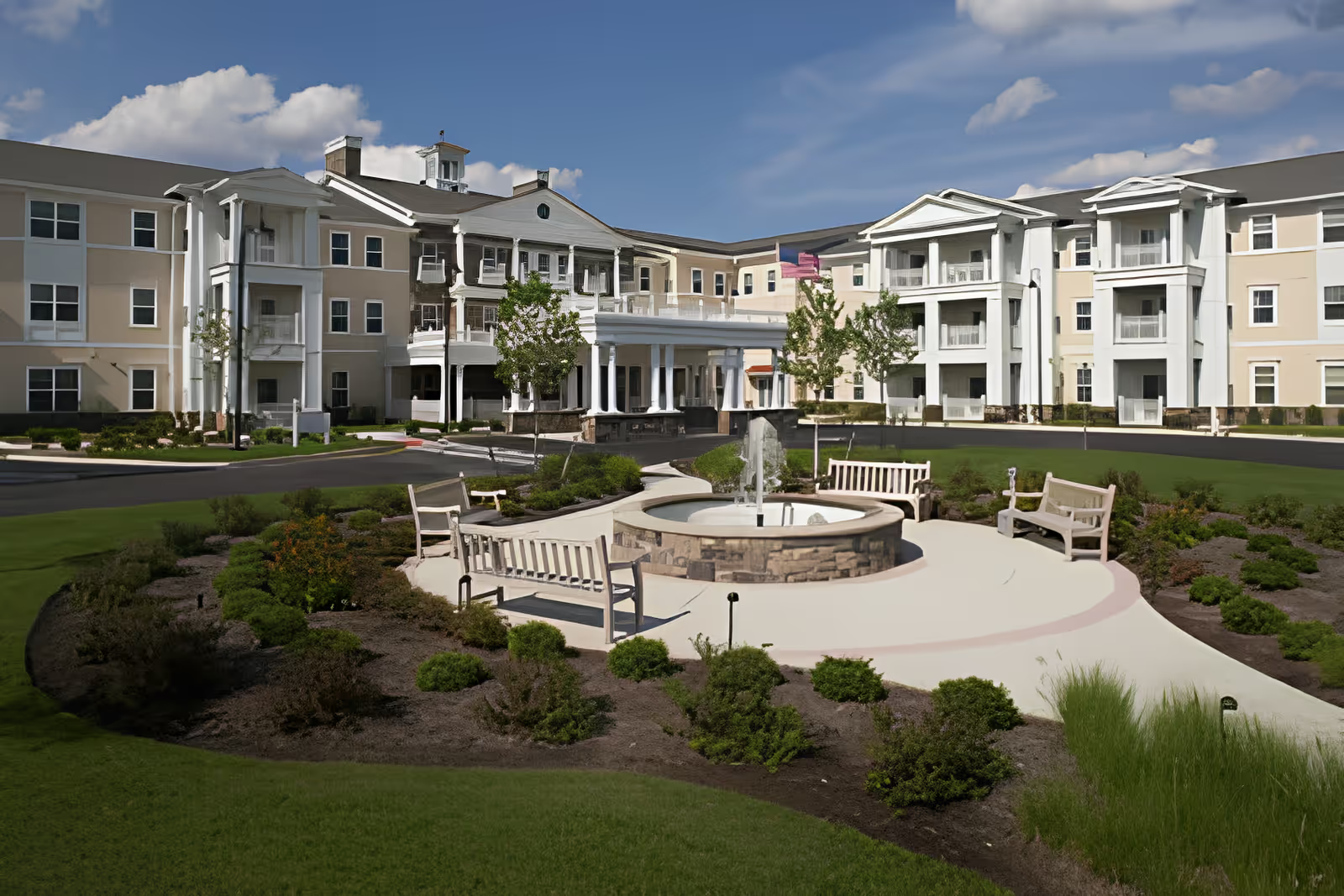Overall impression: The reviews for Morris Hills Center are sharply polarized. A substantial subset of reviewers praise the therapy departments — physical therapy and occupational therapy — and describe therapists as a bright spot: cheerful, knowledgeable, and effective. Several families report positive short-term rehab outcomes, helpful aides, friendly front-desk staff, renovated areas (notably a remodeled 5th floor with a good gym), and pleasant communal spaces such as a solarium and therapy room. In these accounts residents are comfortable, well cared for by attentive clinicians, and report good communication and professionalism from doctors, social workers, and rehabilitation staff.
Care quality and safety: Despite those positive reports, many reviews describe serious and recurring problems with direct nursing care and personal assistance. Multiple accounts allege neglect of basic needs: residents left in soiled diapers for 12–14 hours, left on bedpans, not bathed, and delayed or missed pain medications. There are specific and disturbing safety concerns including improper Hoyer lift usage and reports that oxygen was taken from a resident. Medication management is another recurring issue — reviewers reported missed doses, delayed medications, and medication changes made without adequate discussion. These problems suggest inconsistent clinical oversight and potential risk for vulnerable residents.
Staff behavior and communication: The staff picture is mixed. Therapists and some nurses and aides receive strong praise for compassion and competence, but many other reviewers describe aides and nursing staff as rude, unprofessional, or uncaring. Call bell responsiveness is frequently criticized (with reports of waits up to two hours and of call bells being shut off), and families frequently cite difficulty reaching the nurses' station, doctors, social workers, or administrators. Several reviews characterize management as evasive or unresponsive — directors who do not return calls and administrators who disappear — and some allege dishonest or exploitative behavior by social services. Weekend coverage and shift-to-shift consistency appear problematic, amplifying concerns about care continuity.
Facilities and housekeeping: Facilities receive mixed comments. Some floors and rooms are described as bright, renovated, and comfortable; others are characterized as run-down with chipped paint and unfinished maintenance. Housekeeping shows a pattern of inconsistency: while some report clean, neat rooms, many reviewers describe serious cleanliness issues — filthy windows and rugs, fruit flies in the pantry, dirty commodes, soiled blankets left on furniture, tub buildup, and lingering hallway odors. Housekeeping lapses also extend to trash not being emptied and laundry retrieval problems unless family prompts staff.
Dining and dietary accommodations: Dining receives frequent complaints. Numerous reviewers describe meals as unappetizing, salty, dry, or unidentifiable, with dietary restrictions not consistently honored. However, a few reviewers note acceptable food or special accommodations (for example, kosher/Passover meals). The aggregate impression is one of inconsistent dietary quality and occasional failure to meet special nutrition needs.
Activities and psychosocial services: Recreational programming is reported positively by several reviewers — prayer services, games, and activities are enjoyed by some residents. At least one reviewer highlights helpful social workers and psychologists, while others feel social services are ineffective or dishonest. The quality of psychosocial and recreational services may vary by unit and staff assigned.
Management, discharge planning, and logistics: Many reviews describe poor administrative communication and operational problems: missing discharge paperwork, failure to arrange home care or timely equipment delivery, and lapses in follow-through for critical transitions. There are allegations about financial exploitation and unequal treatment of residents with disabilities or on SSI, which raises serious concerns among family reviewers. Some reviewers explicitly warn potential residents and families to avoid the facility, particularly if the resident requires high-dependency nursing care or consistent medication management.
Patterns and recommendations: The strongest pattern in these reviews is variability. Positive experiences center on the therapy teams and some compassionate nurses and aides, often tied to particular units, shifts, or staff members. Negative experiences are concentrated around basic nursing care failures, housekeeping, medication management, and administrative responsiveness, and these reports frequently describe harm or substantial distress. Several reviews suggest the facility may function better as a short-term, therapy-focused center for higher-functioning patients who can participate actively in rehab and for families who can provide oversight. Conversely, reviewers repeatedly advise against relying on this facility for long-term care of residents who are heavily dependent, have complex medical needs, or cannot advocate for themselves.
Conclusion: Reviews suggest Morris Hills Center has real strengths in therapy and some dedicated staff and updated spaces, but also has recurring and serious problems in nursing care, cleanliness, medication management, and management responsiveness. The variability implies outcomes depend heavily on which unit, shift, and individual staff are involved. Families considering this facility should: (1) ask specifically about staffing ratios and weekend coverage, (2) tour the particular unit and rooms they would use, (3) speak to families of current residents about recent experiences, (4) confirm protocols for medication management and discharge planning in writing, and (5) arrange close oversight during any stay if the resident is high-dependency. The reviews warrant caution — excellent rehabilitation outcomes are possible, but the risk of neglect and inconsistent care is significant according to multiple accounts.







